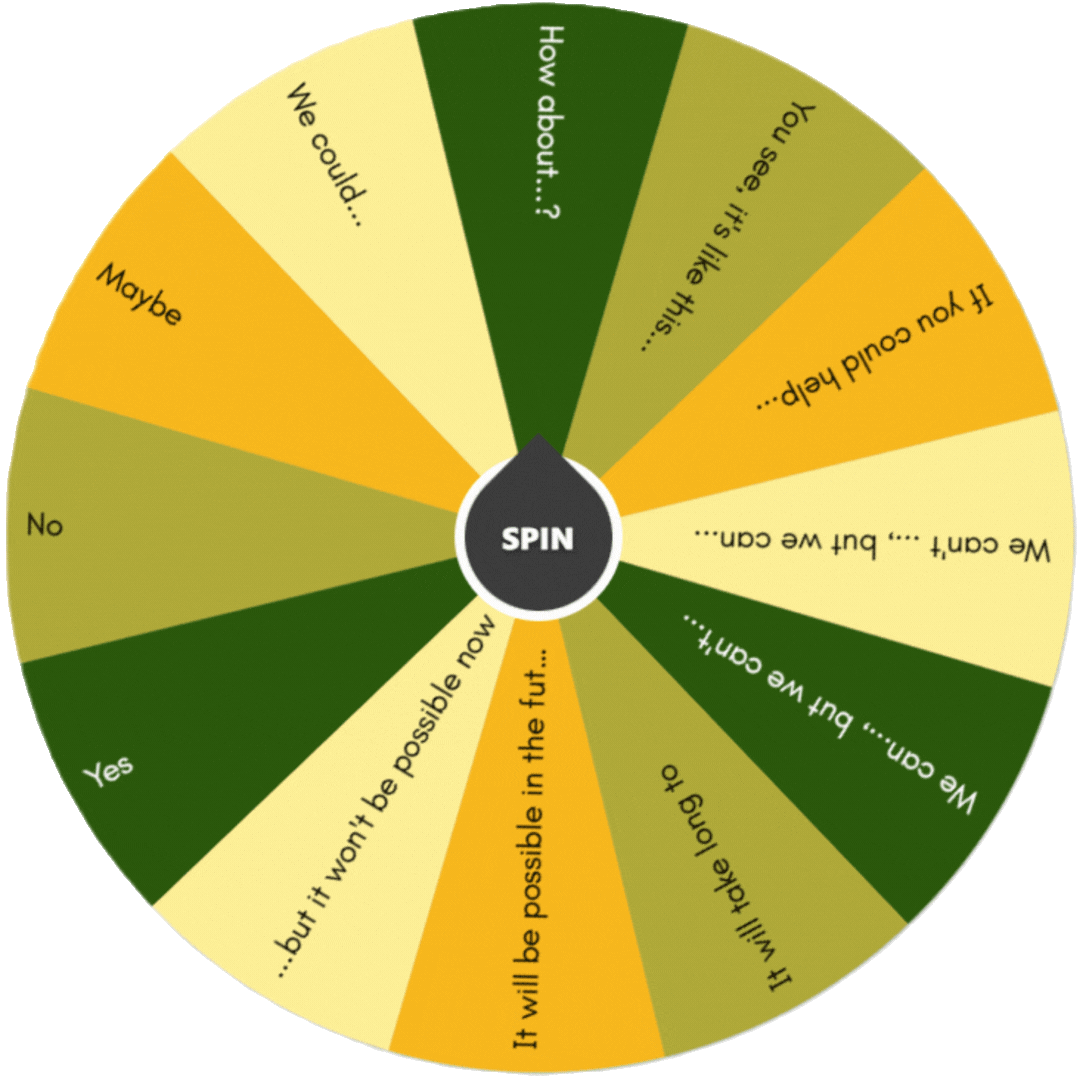Hello, Mentatrix readers!
For those of you who are new here, Mentatrix is all about reflection; it brings you fictional characters, personal stories, reflections on mindfulness, local culture, and even hiking trails and landscape — all twisted into reflection prompts.
Why? It’s through reflection and awareness that we move on from merely coping with life to grasping it, and steering it accordingly.
It’s not as if I’m a guru; I write here about my own reflection and learning. The latest one just this past week. Read more, below.
You’ll be familiar with the dictum saying that we spend half of our lifetime learning to fit in, and the other half unlearning that and learning to be ourselves.
Well, at least in one particular aspect things might run the other way round: being straight and saying what you think.
There’s a heavy focus in our education on getting to the point, staying relevant, and developing critical thinking that enables us to do all that. If an argument goes astray, logic and rhetoric blow the whistle.
But at the same time, one does get away with not staying relevant or answering a question straight: negotiation tactics, building stakeholder relations, politics. One’s in fact rewarded for it, as they prove to be successful and achieve their goals using this skill.
Bear with me: this is not about how corrupt our world is. Keep reading.
My strongest thinking skill is the ability to spot the red thread in a text, whether spoken or written. I get the point. And in return, I get to the point. I pride myself on giving people what they want to know. (Although people often ask questions without being prepared to hear the answers...)
I guess this skill is inborn, but was further honed by experience. For example, Wittgenstein’s precept that anything that’s worth saying is worth saying clearly; or criticisms of manipulation and flawed argumentation. I’m that speaker-listener that stays on course and flags red herrings.
At university, I spotted the very central sentence capturing the essence of a character in a 5000-word short story. I also flawlessly extracted the salient traditional values in Romanian folklore out of a book of 250 pages. Later, I became a teacher; my job was to explain clearly, or to identify the underlying causes why a student was making an error, and address precisely that. Spot on.
Maybe it’s hybris. Maybe there aren’t really universal laws on how to communicate well. Define “well”...
Because in this second half of my lifetime, I keep facing situations where I’m not happy aiming to provide the straight answer to the question I’m being asked.
In real life, what we’re called to do is not to give THE straight answer, but to choose which answer serves the purposes of the conversation.
What purposes, is the question here? A conversation has its own mechanics, so its immediate purpose might be to obtain the answer to the question raised. That conversation, however, is embedded in a real-life context. Beyond the conversation mechanics, then, its outcomes might influence the bigger picture.
And that’s my point — and I realise my disappointment, sometimes: I tend to stick to the conversation mechanics, addressing point after point with efficacy and precision. With empathy, too, meaning that I sense where a question is really coming from.
By contrast, others around me can flip their answers to accommodate a more multi-layered agenda.
Here’s an example.
In my work, I talk to many internal teams and functions, as well as to external stakeholders. I’m also part of a regional team and often have to talk to central teams, or explain their work to regional partners.
We recently had a difficult conversation with one such regional stakeholder who’s got to a level of frustration that made them yell at us.
They are frustrated about what the entire organisation does or does not do to solve a particular issue. We, in the regional team, have very little influence on that. The organisation, at the centre, is aware of the situation; it’s sitting on a fence not knowing how to act, because acting might involve a fundamental transformation of who we are, or whether it’s worth acting at all. So often we (and organisations) decide well, it’ll just about do as it is.
When these stakeholders demand to know what our plans are for the coming year, they are basically asking if we are implementing the solution they want (or at least some steps towards it). They are not aware:
of our internal working groups, risk analyses, ideation workshops etc. around that issue,
of other internal major transformation projects that will, in the long run, also improve the issue they demand to be solved,
that the patched up solutions we are offering for the short term are mostly the hard work of a few of us in the region, with a couple of good “friends” in the headquarters.
From their standpoint, the organisation ignores the real issue and disregards the local partners.
For me, the logical-and-empathetic communicator, the challenge is to address their real concern (are we actually moving towards the solution they want?), and inform them of what we are planning for the coming year or two instead.
I want to give them the answers they seek, but I also understand the challenges the problem poses to us as an organisation.
To me, the logical-and-empathetic communicator, the answer looks like this:
We cannot move towards the solution you want, not in the foreseeable future (managing expectations, providing clarity)
But in the meantime we can strive to offer work-arounds (involving mostly us in the region)
So you see, the organisation (better said, us in the region) IS doing something. The headquarters working groups, ideation and risk analyses are not really worth mentioning, as they would sound like we’re fiddling while Rome is burning.
But, as you might imagine, this doesn’t go down well with the partners.
And then, a higher-level colleague comes in.
“We are very much doing everything in our power to address this issue, and it’s our top priority. (By “our”, she means of course us in the regional team, so the ambiguity of the pronoun is key.) We are fully aware of the situation and working towards a solution in the next few years (same). We would need your support; if you could provide us with some figures, we would be able to quantify the risks. (This is giving the partners the feeling things are happening, and they are being involved, even though the risks were articulated long ago.) We are also engaging with the key stakeholders to ensure the best setup for the near future. (She means here that we are going to keep negotiating our work-around, patched-up solution, just to make it more palatable, because there’s no scope for a real solution at the moment.)”
At the end of the meeting, the spirits have calmed down. I’m sure they realise (or will, soon) that there’s no substantial news, at least no prospect of the desired solution being magically implemented in the next 1-2 years — but at least the meeting went well and they go away with a less bitter feel in their guts.
To be clear: I’m not writing about the various divides around (non)truthfulness, or positive-negative talk.
I have come to admire the skill my colleague proves to have. It involves higher-level thinking, where she balances the conversation-internal needs (answering the question, getting to the point) with (not necessarily against) those of the broader situation.
To be clear: nothing of what my colleague said was untruthful or manipulative. It’s the same information as I provided. But the overall outcome is that she’s supplied the relevant information AND kept the partners close.
We need them close; otherwise, we won’t be able to deliver the solution they want, in the long term. It’s what they sometimes call change management: bridging that scary transition.
So how do I learn NOT to get straight to the point?
How do I learn to address someone’s questions putting the impact on our relationship first?
How do I move on from a logical-and-empathetic communicator to a rational communicator?
The people who can do that seem to be spinning a wheel in a contest. The wheel is the multitude of slices contained in the answer they need to provide. They pick where to start, and which slices to throw in.
Whereas I tend to go straight down a line, from A to B.
It seems I have spent by now two thirds of my life learning, honing and practising my skill of saying what I think — because in my mind, I get straight from question to answer.
Now, I’m determined to learn, hone and practise another skill: how NOT to say just what I think. How NOT to react, but mindfully choose my response.
What about you? Are you sometimes concerned whether you’ve really answered the question you were asked? Do you sometimes wish you could have grabbed it by a different handle, without being untruthful?
I relate this skill to mindfulness, as in mindfully choosing my response. What do you relate it to, in your experience? Temperament? Life experience? Reading and education? Professional training?









Very thought provoking, thank you! Our world would have been such a different and better place indeed if there were more clarity, logic and empathy
Very thoughtful piece. I particularly liked,
"For me, the logical-and-empathetic communicator, the challenge is to address their real concern."
We would all be better off if we could do that and make it our primary goal, and this is true in every aspect of life. Thank you Zoe